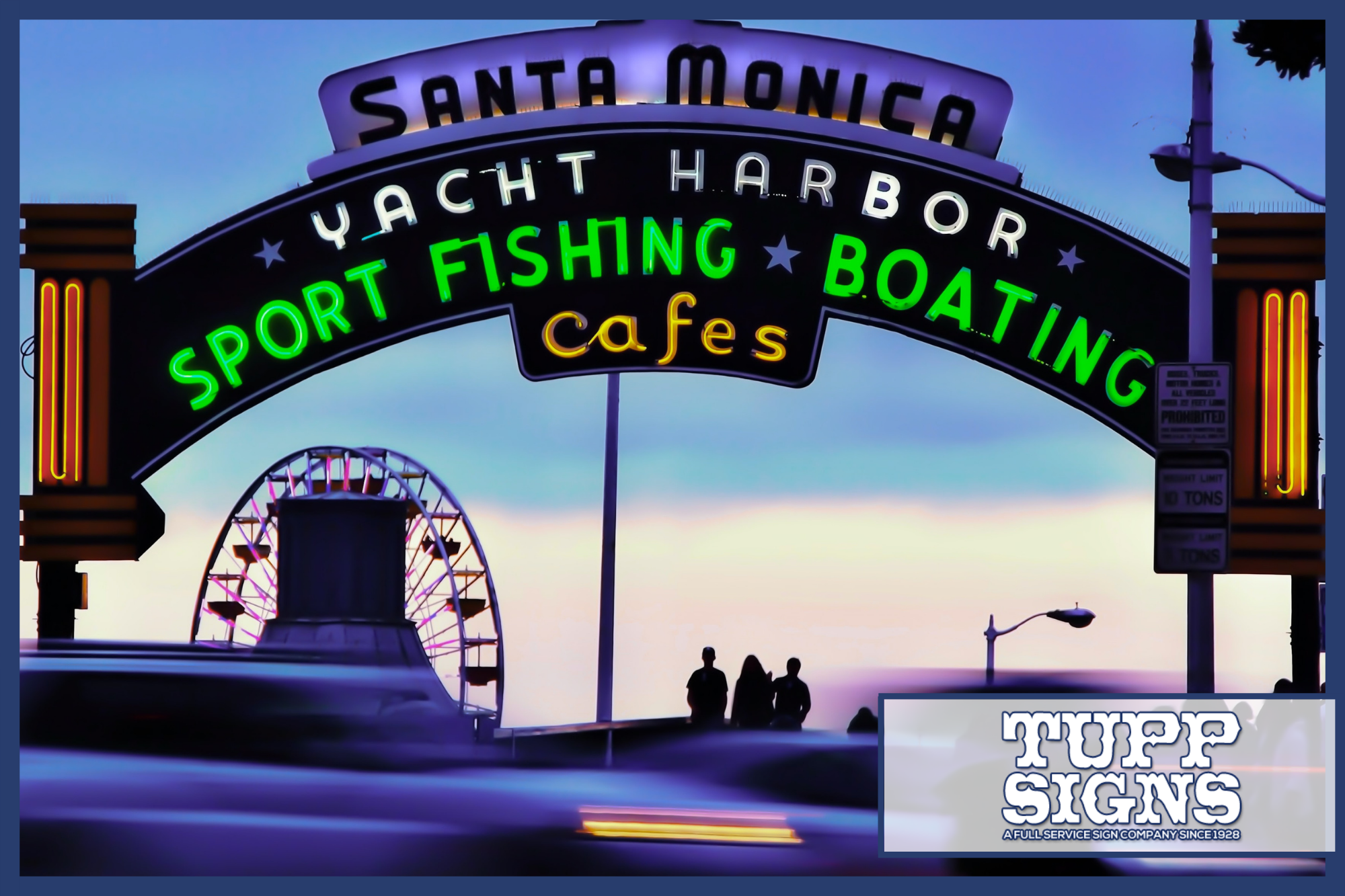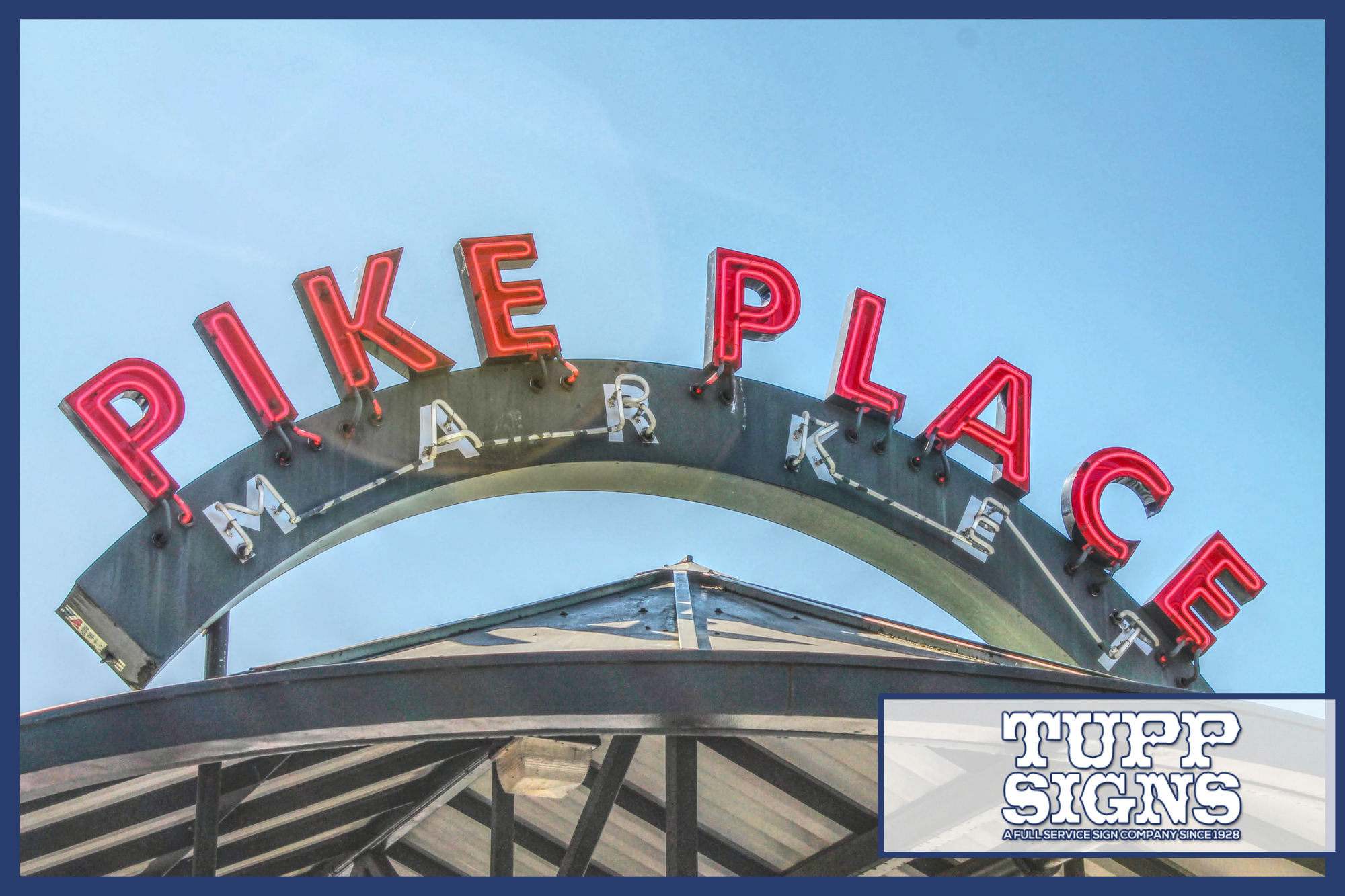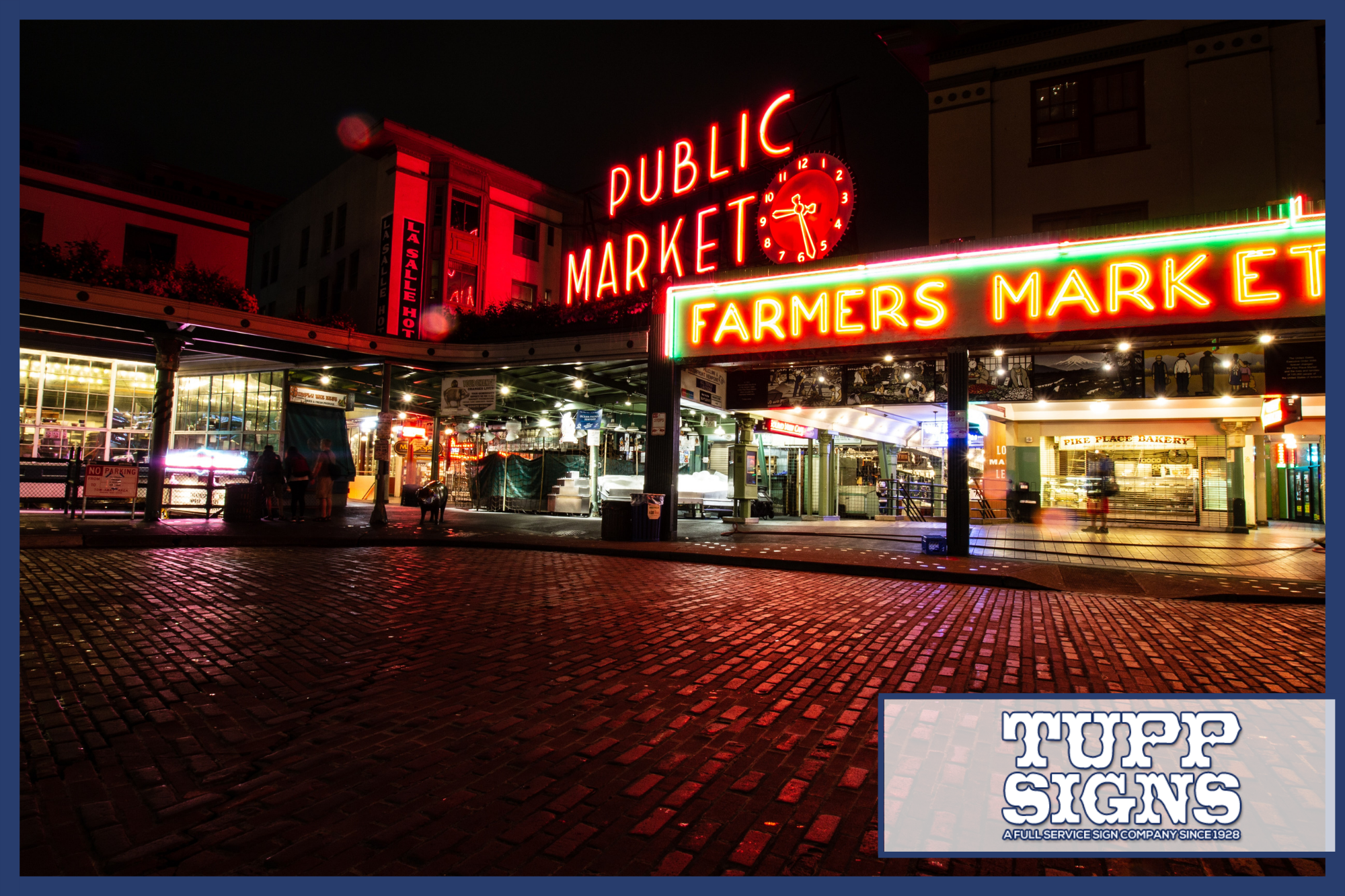Many articles have been written about the subject of eye-catching signage. However, there is one little limitation that many businesses have to consider. If you are operating as part of a retail park, you may not have complete control over your options. However, it shouldn’t be too hard to work with the management of your retail park and work out something that is acceptable to everyone. This article is meant to be a rough guide for that purpose.
Consider The Zoning Laws
Although this may not be a big factor in every area, a lot of places have certain laws about signs. These laws are usually meant to govern the placement of signs so that they don’t become a nuisance or an eyesore. However, the content of signs may also be regulated in your area as well.
Either way, your retail park should have at least some familiarity with these regulations. They usually fall under the category of zoning laws, so that’s where you can begin searching if you want a more specific idea of how all this works. You will need to discuss this with the management of your retail park and make sure you are aware of all the most important guidelines.
Consider The Maintenance Factor
If your premises are owned by someone else, then it naturally follows that they are responsible for most (if not all) maintenance on the property. So, when planning your signage, it is best to focus on designs that are inherently low maintenance. For instance, a simple lighted marquee doesn’t require a lot of maintenance. Most of them use LED lights, which don’t have to be changed very often. So, those signs require very little maintenance apart from cleaning.
Now consider one of those huge signs that sit on top of a metal pole. These are usually called “pylon signs” and are especially common by roadsides. It isn’t easy for anyone to get up there when something needs to be done. Also, the risks involved in the failure of such a sign are much higher. Needless to say, your retail park manager probably won’t go for this kind of thing.
If you need some negotiating room, you might consider offering to work out some kind of payment plan for maintenance fees. You will simply need to work out the total maintenance costs associated with your project. You can then offer to pay a certain percentage of those costs on a monthly or yearly basis.
Pitch The Benefits
You won’t be able to sell your signage idea to the owners of a retail park unless they see a potential benefit for themselves. Look at it from their perspective: You might be one of those businesses that come and go quickly, and they don’t want to be left holding the bag. That’s why you have to convince them of the benefits that your signage plan can offer.
In most cases, the main benefit will be an increase in customer interest. Hopefully, that translates into a corresponding increase in customer traffic. This is good for every business in the park and good for the park owners. To do this, you need to have a signage plan that will impress.
There are all kinds of little tricks that professionals use to make a sign more noticeable and help it to grab more attention. For instance, certain color combinations seem to attract the eye with greater effectiveness than others. Although it’s not exactly rocket science, it is based on the experience of many professionals.
This is why large companies usually employ the services of a signage company (as opposed to developing signage in-house). While it is possible that you or your employees might be able to design a professional-quality sign, the odds are against that. Considering that you will probably be sinking a little bit of money into this project, that’s a risk you probably should not take. For that reason, you should show them some information about the signage company that you wish to contract. They will probably want to do their homework anyway, so you might as well give them a good start.
Try To Match The Existing Signage
One thing that your retail park managers don’t want is an eyesore. Anything that sticks out too much is bound to displease them, so you should try to match the existing signage in the area. For instance, if everything conforms to a certain color scheme, then your sign must do the same. If everything is kept in a certain artistic style, you want to duplicate that as well.
Portability
If you do not necessarily plan to stay at your current retail location for at least a year, you should consider the use of something portable and/or modular. These signs do tend to be smaller, but they will be a lot less trouble if you end up changing locations. Essentially, you need something that doesn’t need to be mounted in the ground with concrete or anything similar. It should also be powered by a plug rather than needing to be wired into the grid.
It also helps if these signs include wheels and/or a trailer for easy moving. In fact, a sign trailer can even be used for mobile advertisement, and it doesn’t get any more portable than that. Because these signs require no alteration of the property, a retail park owner should be a lot less likely to object to them.
Conclusion
Most companies find that it isn’t too difficult to work out terms in this kind of situation. It just takes good communication and a little bit of honesty. There will also likely be a certain amount of compromise, but that’s just part of the deal when you’re doing business on someone else’s property. Just make sure that you find the right signage company so that you don’t end up wasting your money. If you are looking for a good sign company, we recommend that you call Tupp Signs at 302-322-1600.




